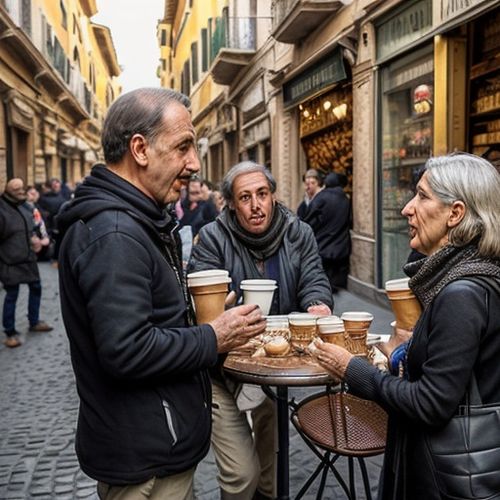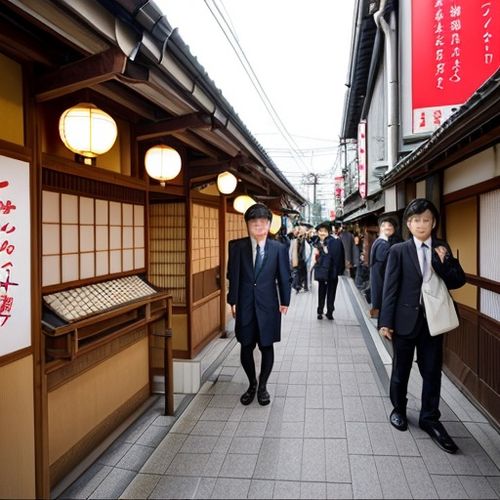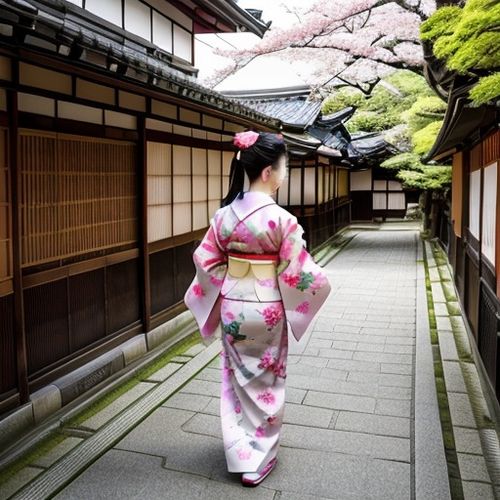Bali's iconic jungle swings have become one of the most Instagrammed attractions in Indonesia, with travelers flocking to capture that perfect airborne shot against lush tropical backdrops. However, many visitors find themselves paying wildly different prices for essentially the same experience. The art of negotiation at these swing sites has become as much a part of the Bali experience as the photos themselves.
The psychology behind swing pricing in Bali is complex and often intentionally opaque. Most operators maintain a flexible pricing structure that changes based on numerous factors - your appearance, time of day, season, and most importantly, your demonstrated willingness to negotiate. Locals understand that Western tourists often have no frame of reference for what constitutes a "fair" price for being pushed on a swing while someone snaps photos.
Seasoned travelers recommend adopting a polite but firm approach from the initial greeting. The moment you show excessive enthusiasm or declare how "amazing" the swings look, you've already lost half your bargaining power. Maintain an attitude of mild interest, as if you're considering several comparable options in the area (which you often are). This psychological positioning makes vendors more likely to offer competitive rates upfront.
Understanding the local economic context is crucial when entering these negotiations. While saving a few dollars might seem insignificant to foreign visitors, that same amount could represent a substantial portion of a Balinese worker's daily income. The most skilled negotiators find that sweet spot between getting fair value and respecting the livelihoods of those providing the service. This often means paying slightly more than the absolute rock-bottom price you could theoretically achieve through aggressive haggling.
Timing plays a surprisingly important role in determining your bargaining success. Early mornings, when operators are hungry for their first customers of the day, often yield better deals than peak afternoon hours when business is booming. Similarly, visiting during shoulder seasons rather than peak tourist months gives you more leverage. Rainy days can work in your favor too - vendors would rather make some money than none at all when weather keeps crowds away.
Language barriers frequently work against tourists in these negotiations. Many swing operators speak just enough English to conduct business but may pretend to understand less when it suits them. Learning a few basic Indonesian phrases related to pricing and numbers can dramatically improve your position. When vendors realize you can't be easily confused by rapid-fire numbers or pretend misunderstandings, they're more likely to deal straight with you.
The group advantage is one of the most powerful tools in swing price negotiations. Operators would much secure a single transaction with multiple people than several individual deals. Traveling with friends? Always negotiate as a group rather than individually. Even if you've just met other travelers at the site, there's strength in numbers. Vendors will often drop prices significantly when they see the potential for larger combined payments.
Photography packages add another layer of complexity to these negotiations. Some sites try to bundle professional photos with the swing ride at inflated prices, while others charge separately. Experienced visitors recommend clarifying exactly what's included before beginning price discussions. In many cases, you're better off negotiating the swing access alone and having a travel companion take photos from designated areas. The difference in photo quality rarely justifies the substantial price premiums charged for "professional" shots.
Cultural intelligence separates effective negotiators from those who leave frustrated. Balinese culture values harmony and indirect communication. Aggressive, confrontational bargaining styles that might work elsewhere often backfire here. The most successful negotiators employ smiles, humor, and patience. If you reach an impasse, walking away politely often triggers better offers - but only if the vendor believes you're genuinely willing to leave rather than using it as a bluff tactic.
Payment method can surprisingly impact your final price. Many operators prefer cash and may offer better deals for paper currency rather than credit cards which involve processing fees. Having the exact amount you've agreed upon ready prevents last-minute attempts to renegotiate under the guise of making change. Small bills allow you to pay the precise agreed sum without expecting (or being expected to provide) small change.
The aftermath of negotiation matters more than many travelers realize. However intense the bargaining gets, concluding the transaction with goodwill ensures better service during your actual swing experience. Vendents remember customers who treated them with respect versus those who squeezed every last penny while behaving unpleasantly. That extra dollar you voluntarily add back at the end after friendly service often translates to more enthusiastic photo assistance or bonus swings.
Ultimately, the Bali swing photo negotiation ritual has become its own cultural experience - one that many travelers remember as vividly as the photos themselves. Those who approach it with the right blend of preparation, cultural awareness, and good humor tend to walk away with both fair prices and positive interactions. The swings will give you temporary elevation, but mastering the negotiation game provides longer-lasting satisfaction from knowing you navigated one of Bali's most iconic tourist rituals skillfully.

By Benjamin Evans/Apr 11, 2025

By Amanda Phillips/Apr 11, 2025

By Ryan Martin/Apr 11, 2025

By Sophia Lewis/Apr 11, 2025

By Samuel Cooper/Apr 11, 2025

By Laura Wilson/Apr 11, 2025

By Eric Ward/Apr 11, 2025

By Samuel Cooper/Apr 11, 2025

By Thomas Roberts/Apr 11, 2025

By William Miller/Apr 11, 2025

By Megan Clark/Apr 11, 2025

By Michael Brown/Apr 11, 2025

By Sarah Davis/Apr 11, 2025

By Noah Bell/Apr 11, 2025

By Sophia Lewis/Apr 11, 2025

By Daniel Scott/Apr 11, 2025

By Samuel Cooper/Apr 11, 2025

By Joshua Howard/Apr 11, 2025

By Joshua Howard/Apr 11, 2025